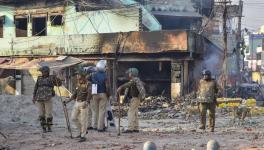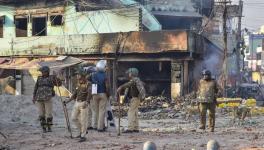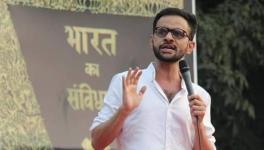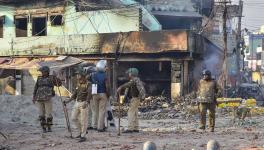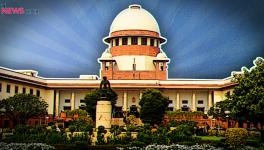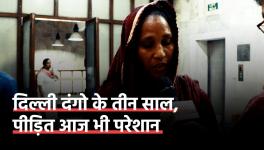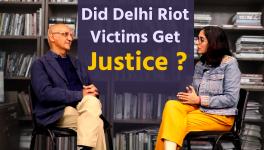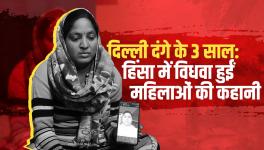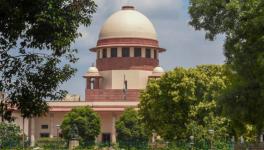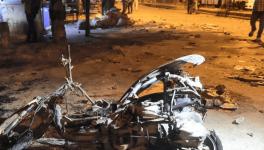The Importance of Psycho-Social Relief for Delhi Victims
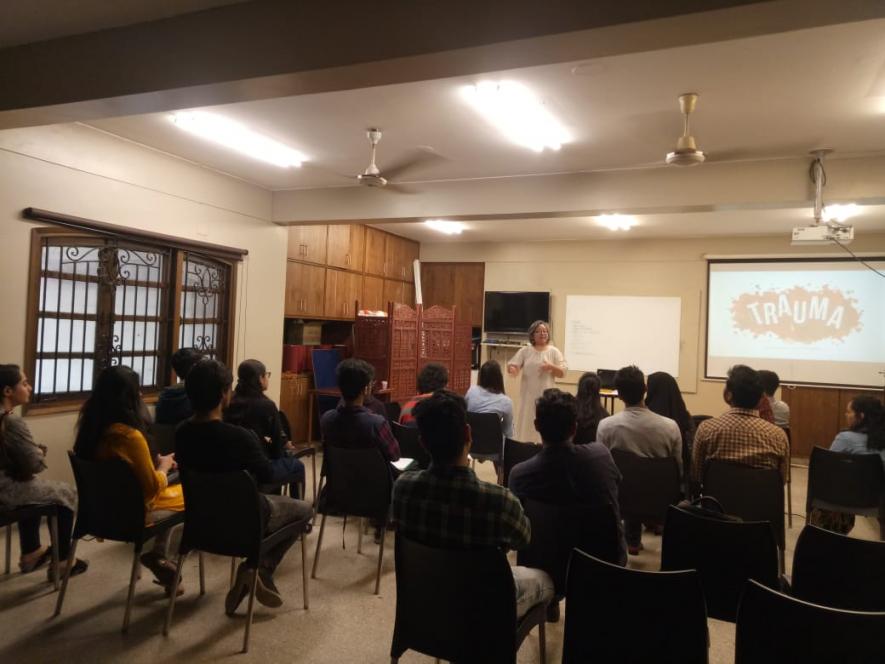
The Sendai Framework is an international agreement on disaster risk reduction. The framework measures the vulnerability of the communities and adapt them to the disasters occurring, either natural or because of the impact of climate change on the natural environment and thus, inducing disasters.
Reducing risk and capacitating the strength of the people is one of the foremost tasks under it. However, there is no protocol in the world to reduce the disaster flowing from the pogroms carried out either by a majoritarian state or by its cohorts. It is the resilience of the people that fight back and bring things to ‘normal’. Though they never become normal.
Rather, with every such pogrom unleashed, there is more ghettoisation and more insecurity that gets consolidated. One such form was witnessed immediately after the Delhi pogrom in January 2020. There were agencies, individuals, groups, networks and political parties that carried out the relief work in the North East Delhi -- the area which was affected after the pogrom. Food packets, utensils, beddings, clothes etc., were/are collected as part of the relief material. Even monetary help was made available to the violence-hit victims.
But to a great irony and surprise, when the relief material was being distributed in one of the colonies, and especially while distributing the food packets, most of the victims refused to accept the food material suspecting that it could be poison. This relates to another form of trauma that the pogrom leads to, i.e., the psycho-social trauma. And there are few who can address this form -- the psychological needs of the victims after a pogrom.
People’s Initiative for Action on Rehabilitation, Delhi, with an acronym -- PIARE Dilli -- has undertaken this onerous task of building the capacities of the riot victims who have lost their family members, material wealth and even trust of the neighbourhood. How can they bounce back even if they are provided with the relief material? PIARE Dilli is working in that direction and training batches of students from various colleges and universities of Delhi to work as volunteers at the site of the pogrom, engage with the victims and build their psychological capacities to bounce back.
PIARE Dilli, which is a voluntary group of likeminded people from different walks of life, is lending a hand of support for fellow beings suffering from pain and despair. The team is diverse and includes lawyers, doctors, teachers, social workers and a group of young volunteers, most of them students from various universities of Delhi.
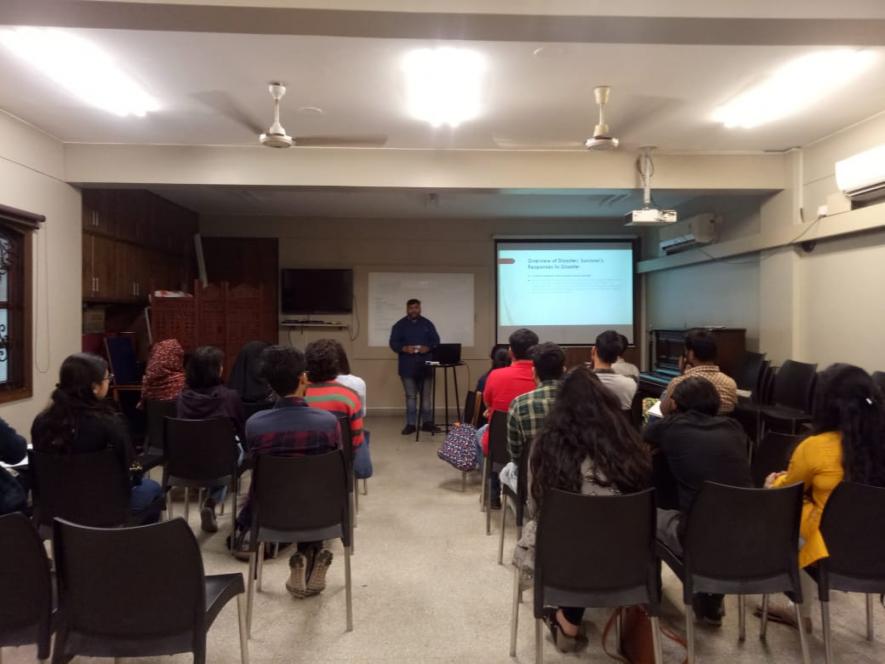
The need for such an initiative came to light two years ago when an unprecedented natural calamity -- the flash floods in Kerala -- had caused immeasurable misery and devastation to the people of state in the first two weeks of August 2018.
PIARE Dilli is at present supporting the traumatised victims by providing ‘psycho- social care’. It is estimated that a majority of the survivors (mostly women and children) after a riot or a pogrom, undergo a lot of emotional reactions, such as fear, anxiety, stress, trauma, grief, violence, outburst, intrusive memories and despair. Apart from providing emotional support, the group is also connecting the affected people to various associated voluntary organisations working in the area, based on their requirements.
The team of PIARI Dilli works on scientific knowledge and has received professional training on ‘post-disaster community-based psycho-social care’. This training was imparted to them by a Japanese group of “concerned citizens project”, which equipped the volunteers as caregivers who can provide counselling and support to the affected people.
Hisana, Hima, Raza and Subhash Chandra visited the widow and relative of Jamaluddin, who was killed in the riots in Delhi. His children are below 8 years of age. The group provided regular counselling to the family and has kept a continuous conversation all its members. Likewise, there are six sub-groups of PIARI Dilli; these groups visit the houses of the victims and have a continuous conversation and dialogue with the survivor victims to minimise their pain and share their grief, at the same time rendering them all possible help that can be provided.
Why is this important especially at this hour? If one goes back to the conventional system of mourning in families, one would realise that after a death in the family, the grieving family is amply supported by the neighbourhood, relatives and other well-wishers for a couple of days. This practice is widely prevalent among Hindus and Muslims. It provides a cushion to the grief-stricken family to help it meet the challenge of a personal loss.
PIARI Dilli is helping these families in a new format, where the grief-stricken families are being helped to not just fall back on themselves and become more alienated from the urban social system. Wish that governments, both the Delhi and the Centre, could provide such counsellors to the victims so that they are able to pull themselves out of the trauma and bounce back.
The writer is former Deputy Mayor, Shimla. The views are personal.
Get the latest reports & analysis with people's perspective on Protests, movements & deep analytical videos, discussions of the current affairs in your Telegram app. Subscribe to NewsClick's Telegram channel & get Real-Time updates on stories, as they get published on our website.









